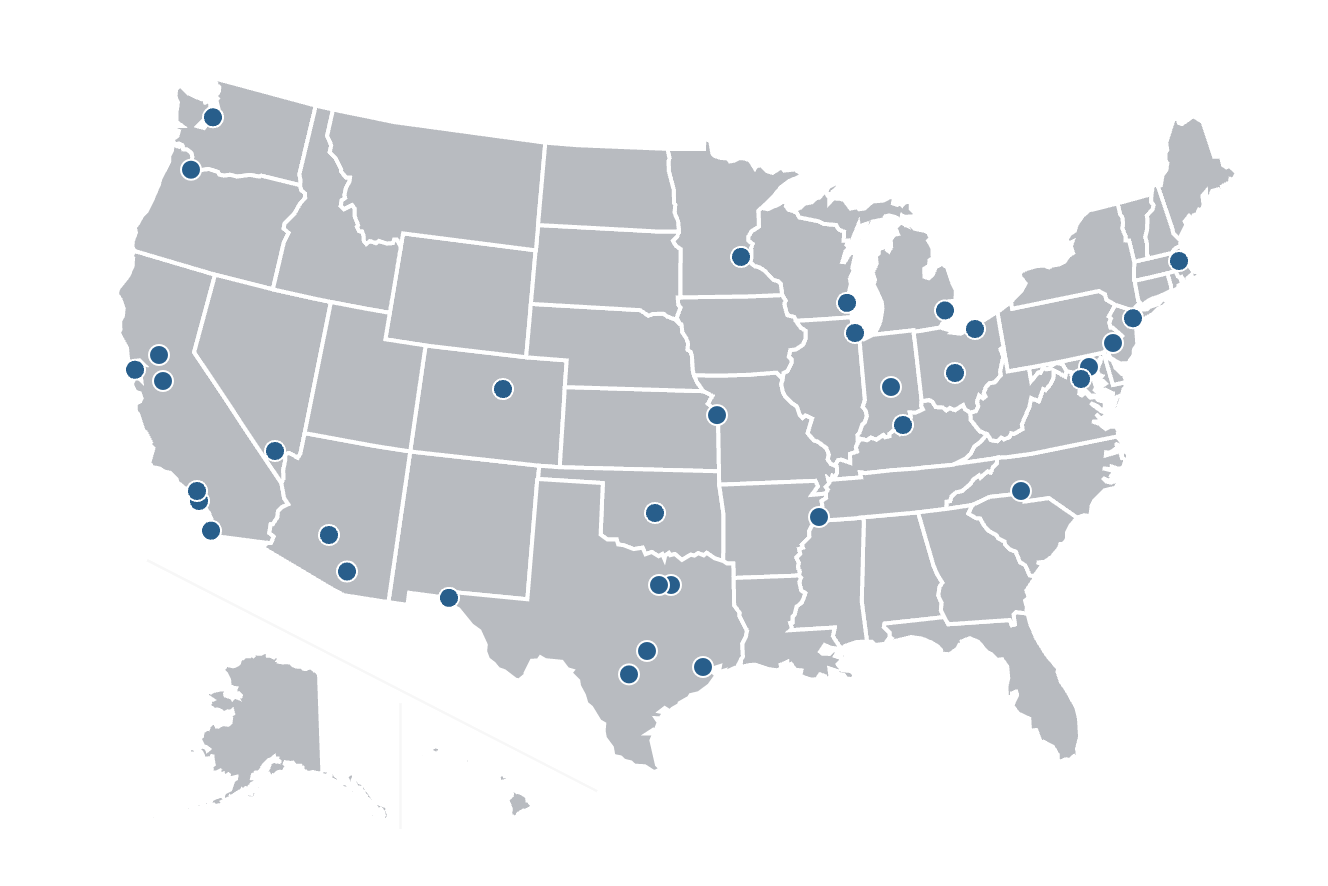Big Cities Health Indicators Data Platform

Summary
In partnership with the Big Cities Health Coalition, the Drexel Urban Health Collaborative has updated and redesigned the coalition’s data resource, called the Big Cities Health Inventory (BCHI) data platform.
The Big Cities Health Coalition is a forum for the leaders of America's largest metropolitan health departments to exchange strategies and jointly address issues to promote and protect the health and safety of their residents.
Description
The BCHI data platform provides health-related data for the Big Cities Health Coalition member jurisdictions (currently 35 cities). The Urban Health Collaborative redesigned and developed the data platform to allow for comparability of data metrics on health and social determinants of health and complement other sources of city data. Currently, the platform contains over 100,000 data points for more than 100 metrics. Metrics included were chosen based on their relationship to the leading causes of disease and death in the United States and their role in creating healthier, safer communities. The topics covered by data in the platform include: life expectancy and deaths, access to health services, chronic health diseases, infectious diseases, maternal and child health, mental health and substance use, poisoning, violence and injury, social and economic factors, physical and built environment, and population demographics. The platform allows users to compare metrics within and across cities, visualize trends, and download charts and data.
The Drexel Urban Health Collaborative team has updated the data platform to allow for standardization and analysis of city-level data. The BCHI data platform includes data from 2010-2020 enabling visualization of data trends over time. The data metrics can also be organized by city, by indicator, and sorted by year, race/ethnicity, and sex. This harmonized data provides opportunities for advocacy around BCHC health priorities and provide valuable benchmarking and policy evaluation in the future. Visit the Big Cities Health Inventory Data Platform at bigcitieshealthdata.org.
Resources
Data Brief: Using the Big Cities Health Inventory to Examine Obesity and City Environment
Infographic: Mother's Health Care and Baby's Birth Weight
Webinar: Exploring Urban Health Data with Big Cities Health Coalition
Acknowledgements
Research Team:
- Amy Auchincloss, PhD, MPH, Co-Principal Investigator
- Ana Diez Roux, MD, MPH, PhD, Co-Principal Investigator
- Katie Livengood, MPH, Executive Director, Project Management lead
- Saima Niamatullah, MBBS, MPH, Data Analyst
- Kari Moore, MS, Senior Data Analyst
- Steve Melly, MS, MA, GIS Analyst
- Laura McCarver, Graduate Research Assistant
- Meghan Donnelly, Graduate Research Assistant
Partners
Big Cities Health Coalition
Contact
Saima Niamatullah, MPH: sn669@drexel.edu
The Big Cities Health Inventory data platform is primarily funded by the Centers for Disease Control and Prevention through a cooperative agreement with the National Association of County and City Health Officials. The views expressed here do not necessarily represent those of the funders.